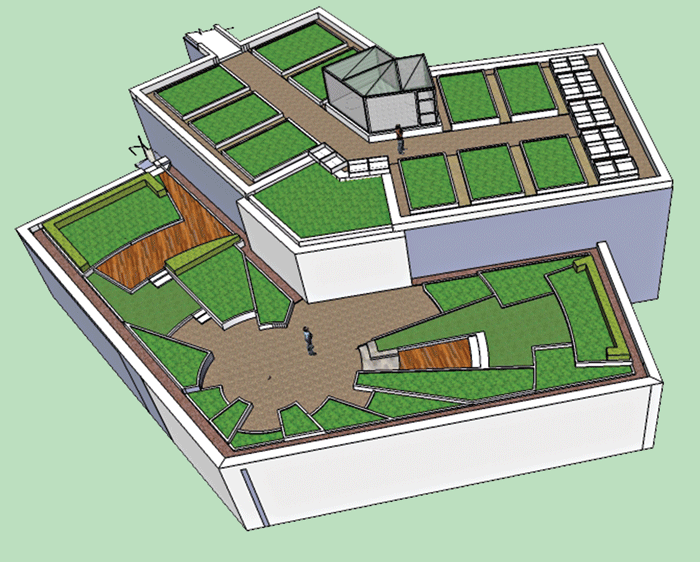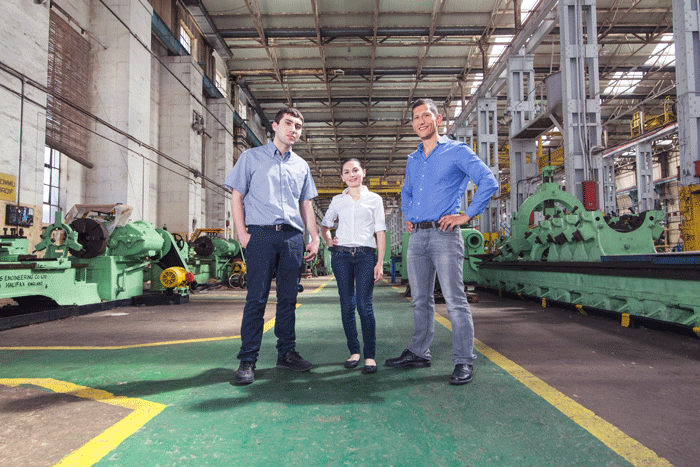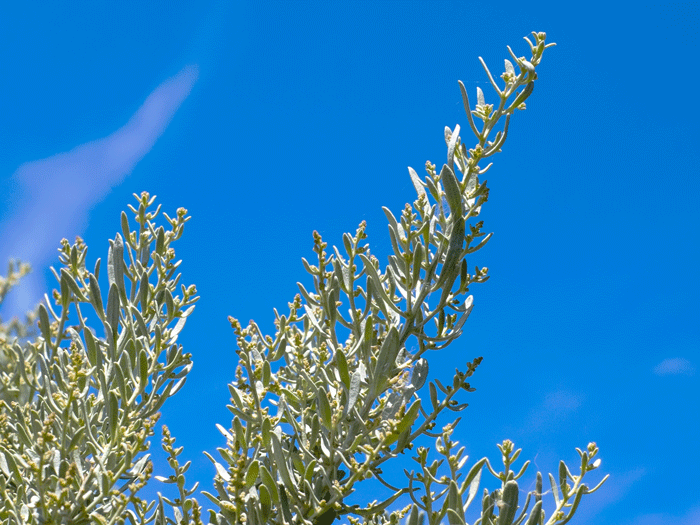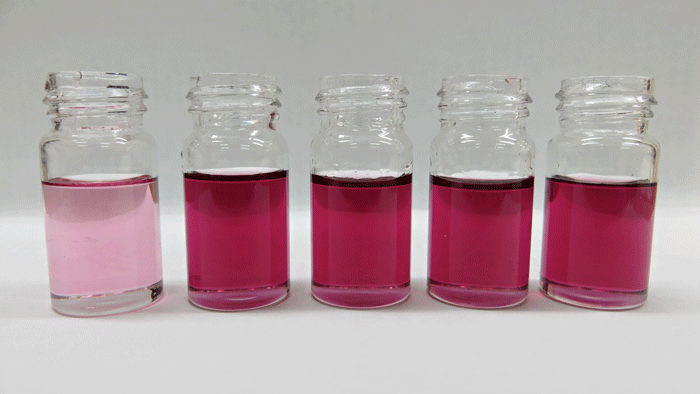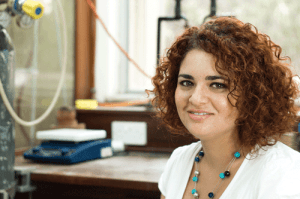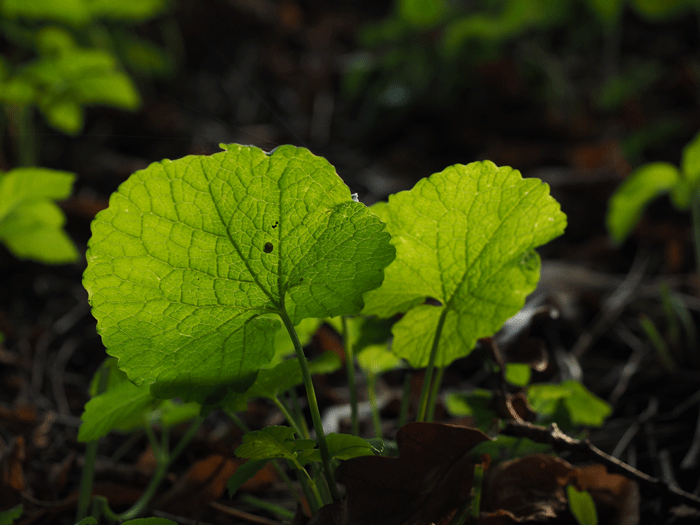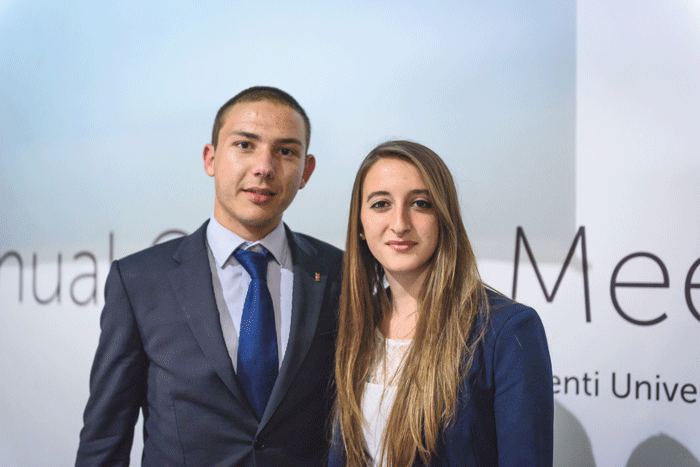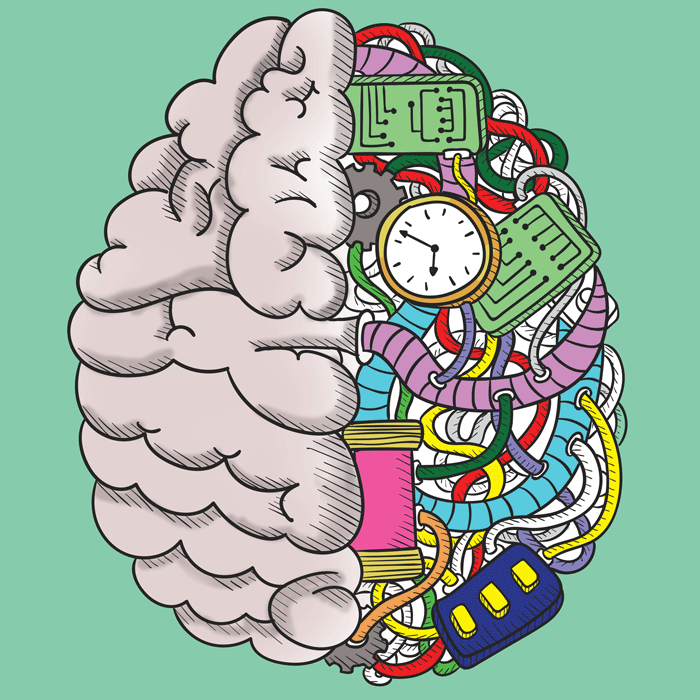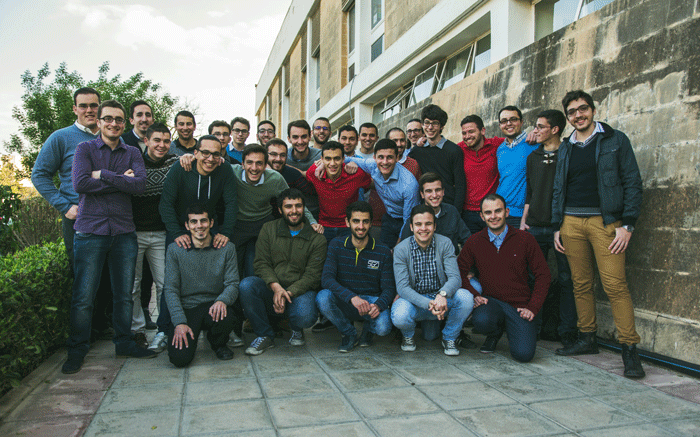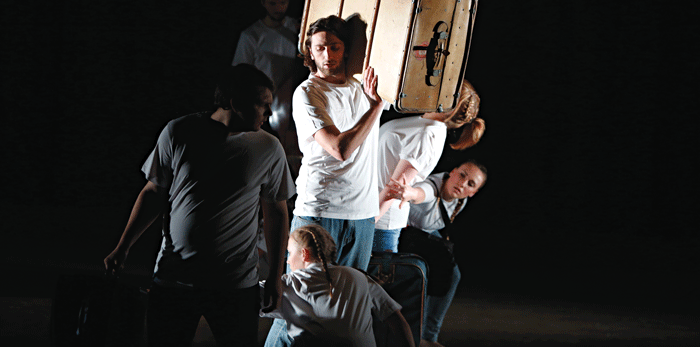Between 1798 and 1800, Malta changed hands twice. The feudal Knights were easily replaced by Napoleonic France, whom the Maltese initially welcomed, then revolted against a mere 82 days later ushering in the British Empire. ‘Why?’ is a mystery lost in the history books that gloss over the period demonising Napoleon while exalting the British who ruled Malta as a colony till independence in 1964. The Editor met Dr Charles Xuereb to find out.
Continue readingBetween 1798 and 1800, Malta changed hands twice. The feudal Knights were easily replaced by Napoleonic France, whom the Maltese initially welcomed, then revolted against a mere 82 days later ushering in the British Empire. ‘Why?’ is a mystery lost in the history books that gloss over the period demonising Napoleon while exalting the British who ruled Malta as a colony till independence in 1964. The Editor met Dr Charles Xuereb to find out.
Continue reading

